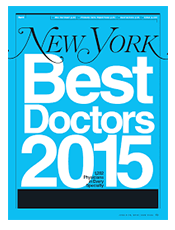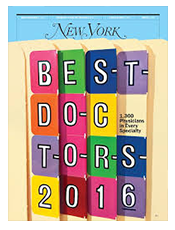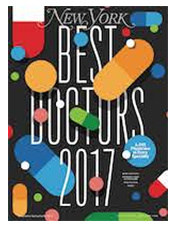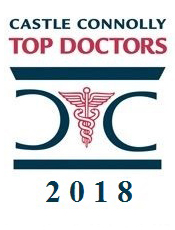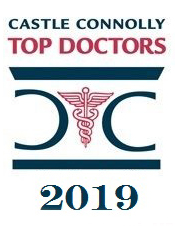Preservative, Amine and Food Additive Reactions
The common misconception this that food additives are actually the source of most negative reactions to foods; however, food additives are actually only a problem for very few people
What are Food Additives?
Food additives are substances added to foods and beverages. Thousands exist, some made from natural substances and others from manmade chemicals. Several common food additives include:
- Vitamins and minerals
- Flavorings
- Coloring
- Preservatives
- Things which add texture or make foods less acidic
What additives cause adverse reactions?
Any undesirable reaction from a food additive whose purpose is something other than nourishment that is supposed to help the body is an adverse reaction. Common examples include coffee and tea. These two beverages are usually consumed with the idea that you will stay mentally alert, but in contrast, you won’t be able to get enough sleep at night because you had too much coffee or tea. From this example, you craved a desirable effect but in process of doing so also obtained an undesirable reaction.
These additives cause an adverse reaction:
- Sulfites- very small chemicals that are commonly found in food.
- Aspartame- used in many foods and beverages, a calorie-free sweetener.
- Parabens- used in foods and medications to preserve.
What are the symptoms of an adverse reaction to food additives?
Symptoms vary, as they depend on the additive causing the reaction if the product is sensitive to the person, as well as the consumed amount. Most reactions are not allergic, but actually pharmacological or idiosyncratic. People who react to one food additive are not likely to react to other unrelated chemicals.
Best ways to manage an Adverse Reaction
There are a considerable amount of ways to manage an adverse reaction, which include:
- The consumption of food additives must be avoided.
- If the adverse reaction is serious, wear a Medic Alert bracelet or necklace.
- Always carry injectable epinephrine if anaphylaxis is a concern.
- Read food labels carefully.
